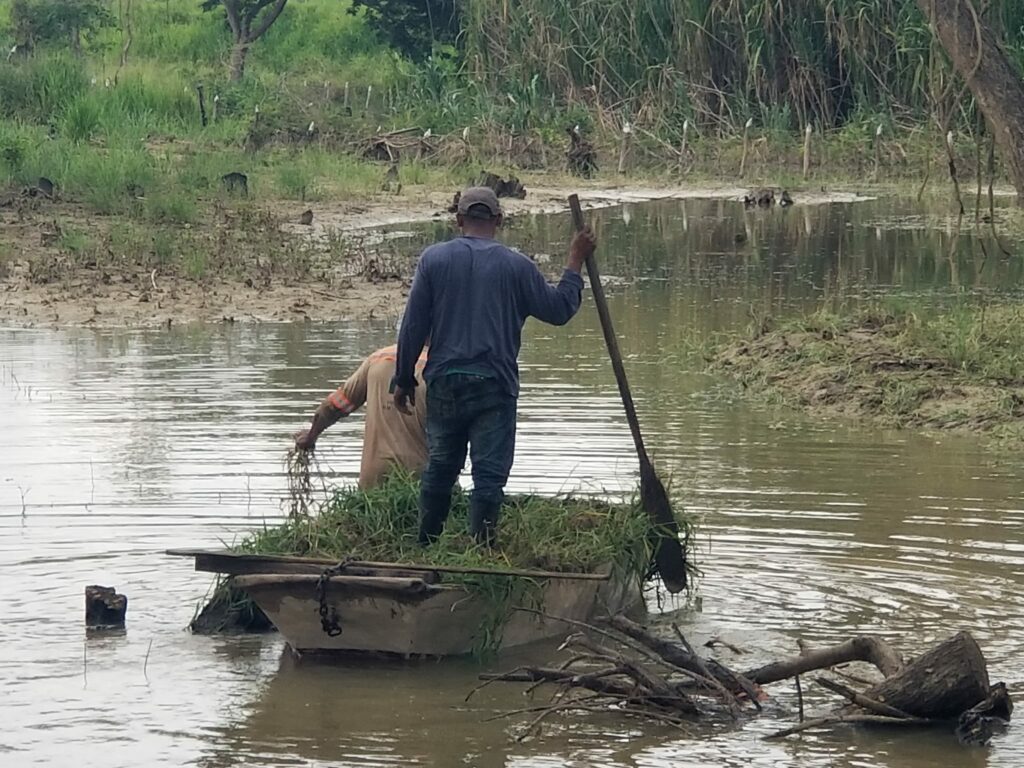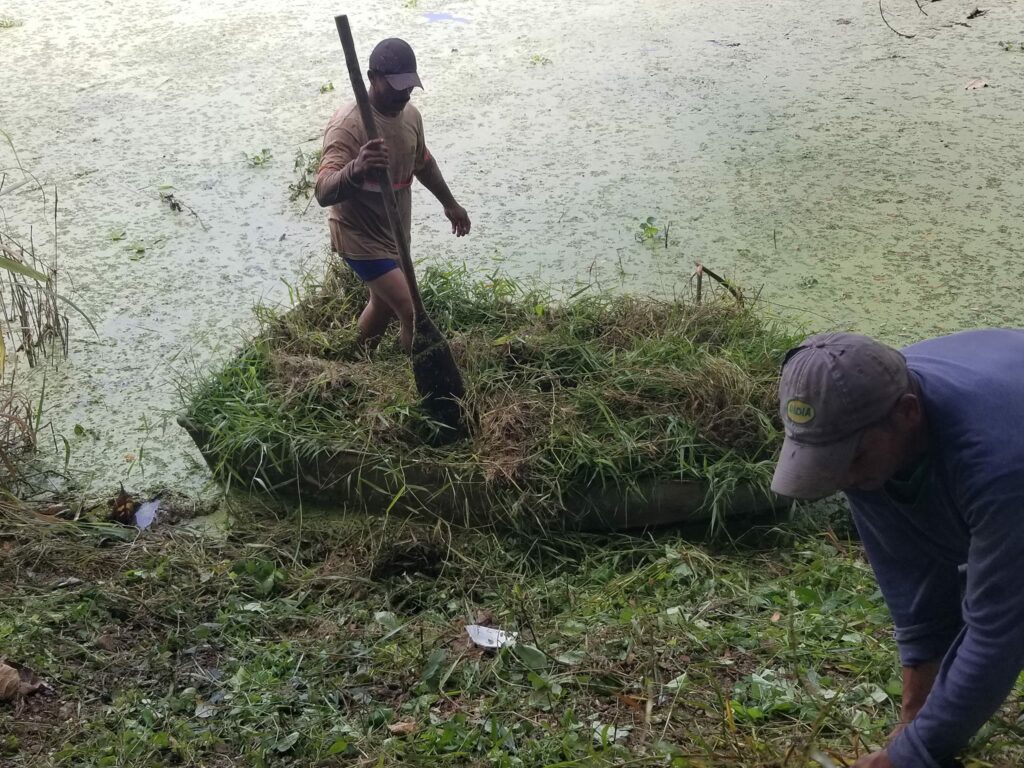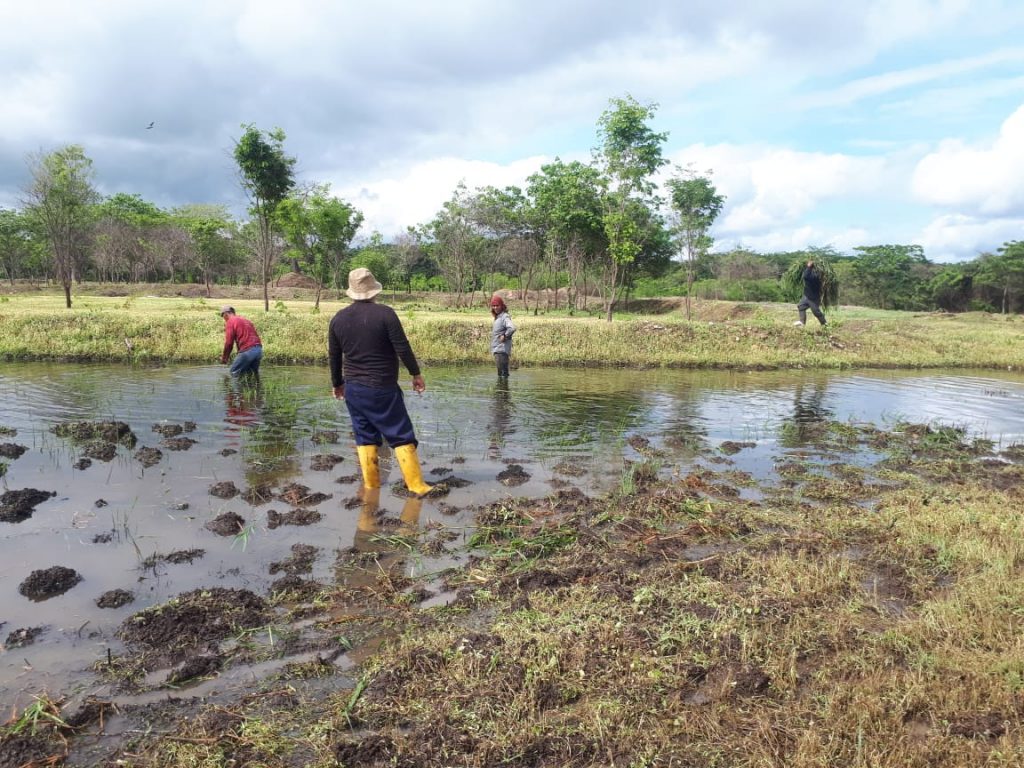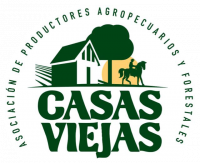Janeiro grass, also known as “Panicum maximum,” is a forage plant of great importance in the production of food for livestock in many parts of the world. This tropical grass, native to Africa, has become an essential source of food for livestock due to its high productivity and nutritional value. In this article, we will explore the production of Janeiro grass and its relevance in livestock agriculture.
Characteristics of Pasto Janeiro
Janeiro grass is a perennial herb that grows in dense clumps and can reach heights of up to 3 meters. Its leaves are long and narrow, deep green, and its stems are robust and resistant. This plant has the ability to adapt to a variety of climatic and soil conditions, making it suitable for cultivation in various tropical and subtropical regions.
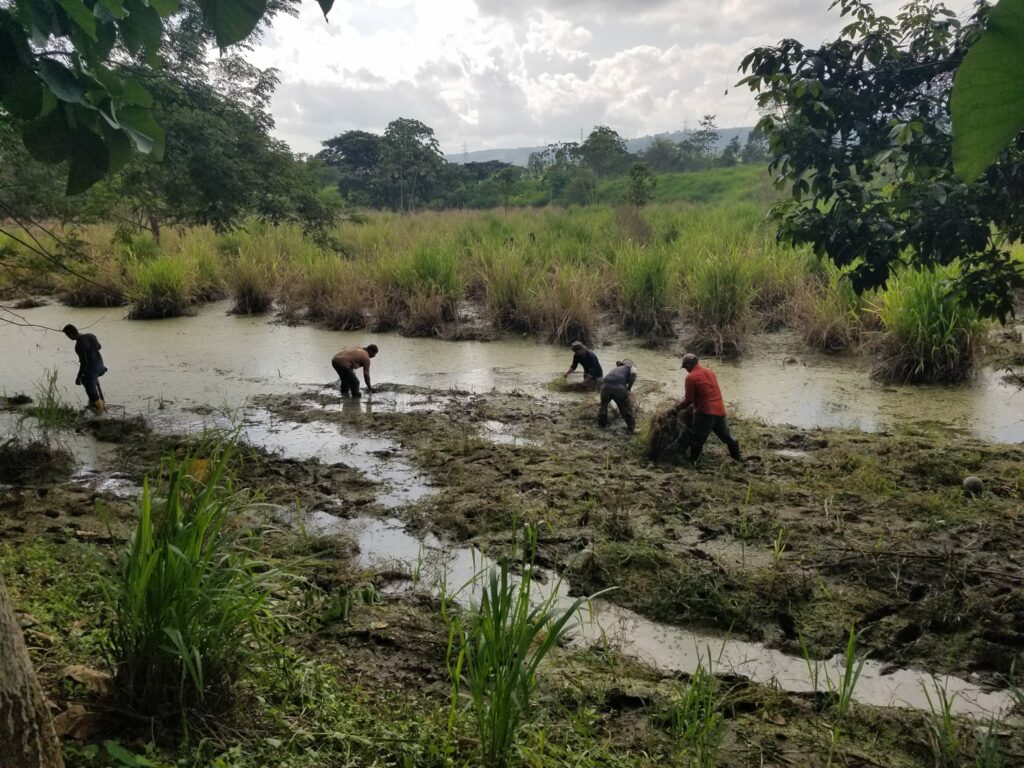
Nutritional Benefits
One of the main reasons why Janeiro grass is so valuable in livestock production is its high nutritional content. It is rich in protein, minerals and energy, making it a quality feed for livestock. In addition, its digestibility is high, which means that animals can efficiently take advantage of the nutrients it contains.
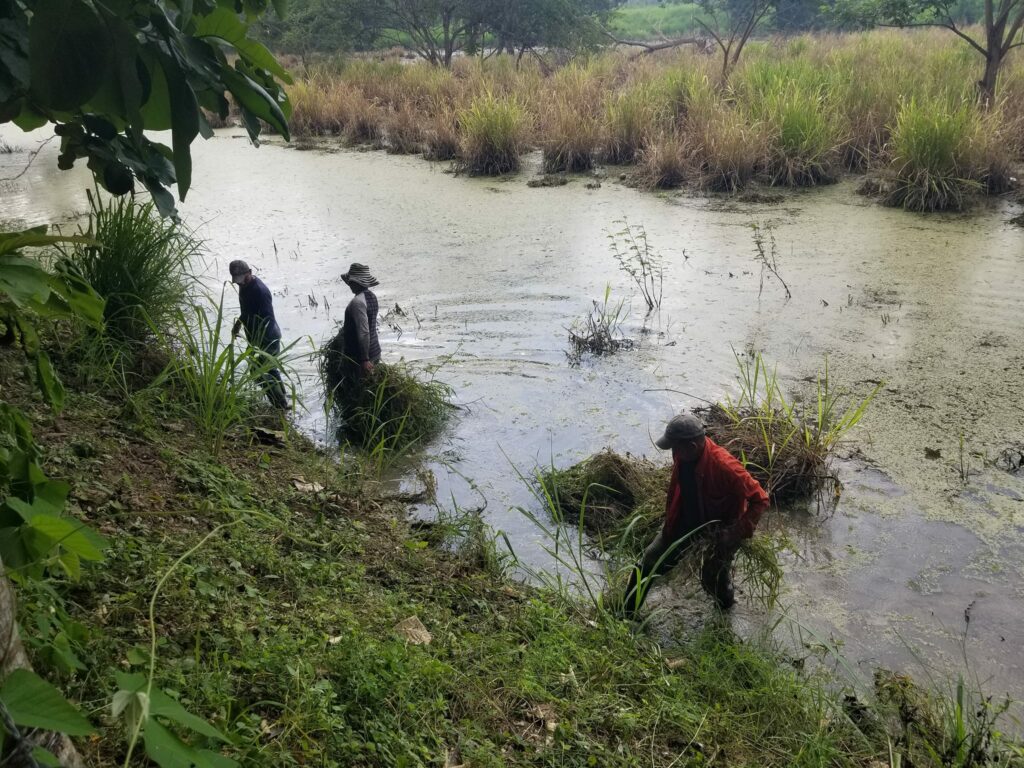
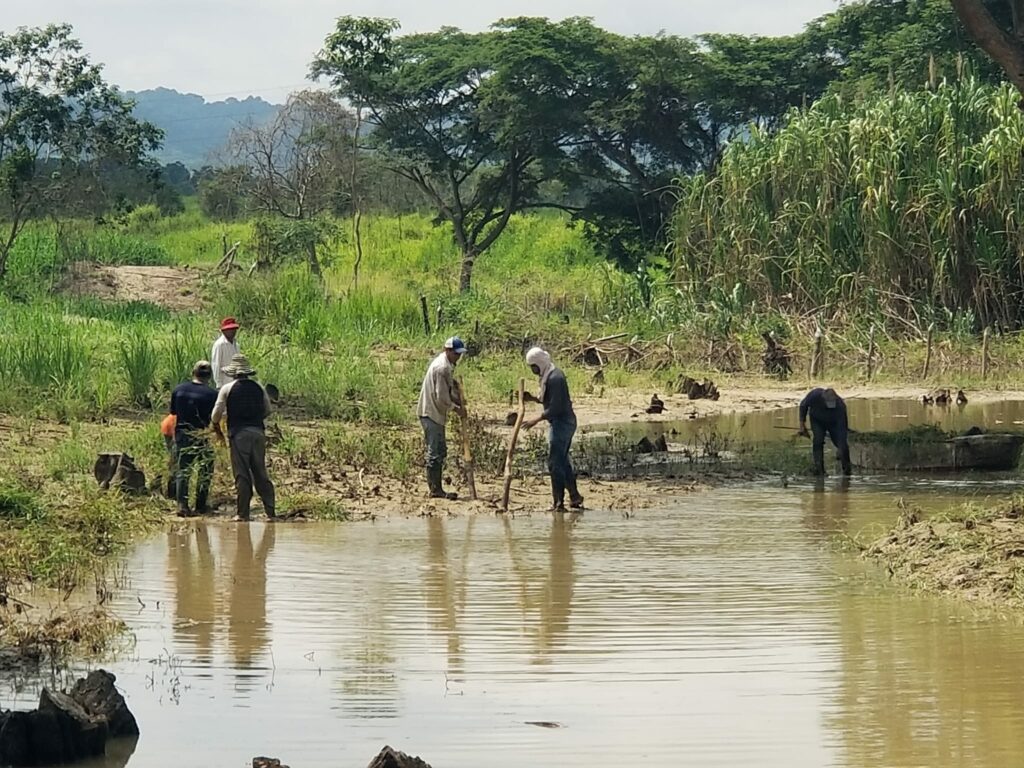
Production and Management of Pasto Janeiro
Successful production of Janeiro grass requires careful planning and proper management. Here are some key steps in its production:
1. Variety Selection: There are different varieties of Janeiro grass, and choosing the right variety will depend on factors such as the local climate and the type of livestock being raised.
2. Soil Preparation: It is important to prepare the soil properly before planting. This may include removing weeds and correcting soil acidity if necessary.
3. Sowing: Janeiro grass can be propagated from seeds or by dividing clumps. Planting is best done during the rainy season to ensure good germination.
4. Pest and Disease Management: As with any crop, it is important to monitor and control possible pests and diseases that may affect the grass.
5. Pasture Fertilization and Management: Janeiro grass responds well to fertilization and proper management, which includes regular pruning and controlled grazing to maintain its nutritional quality.
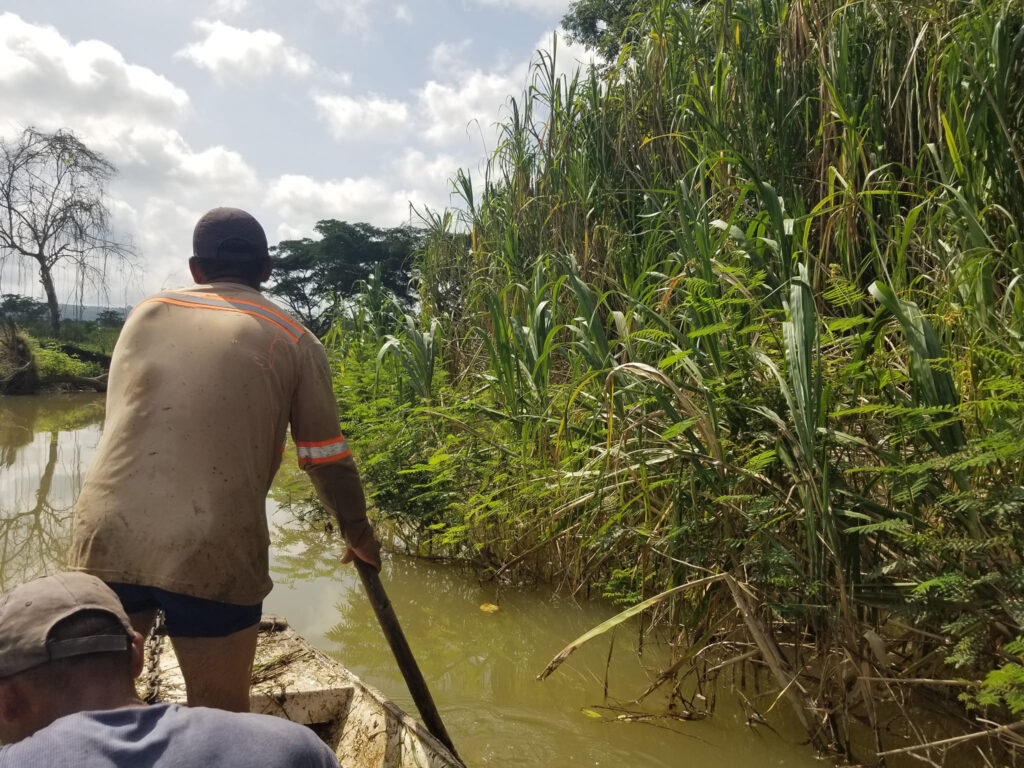
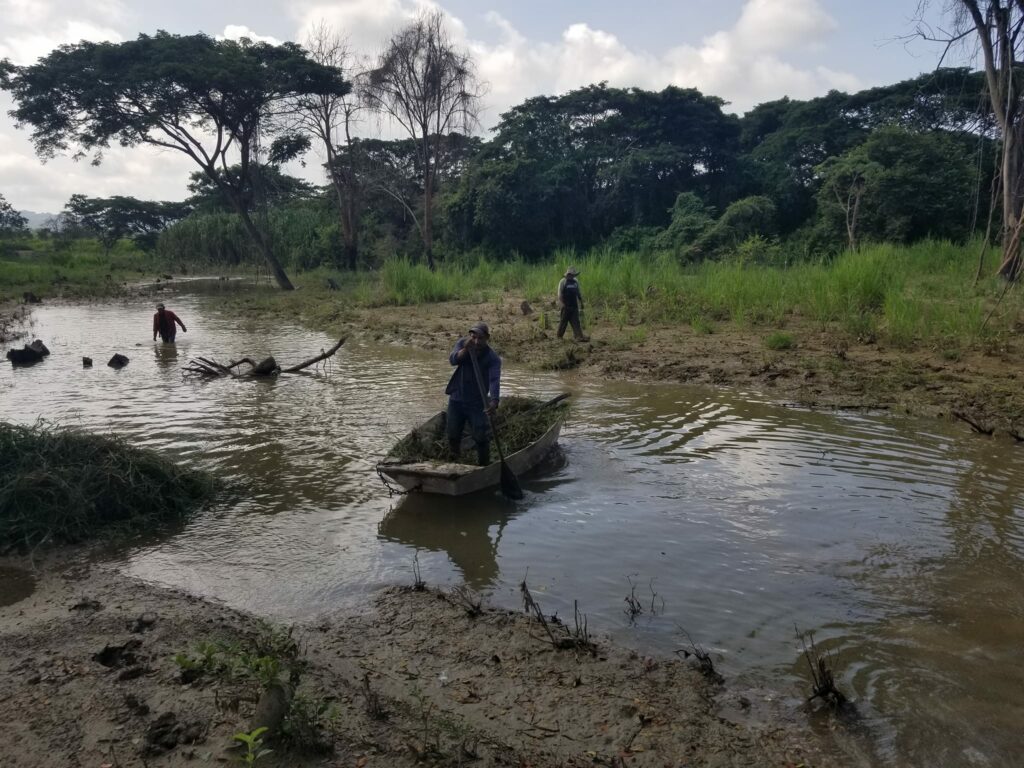
Importance in Livestock Production
Janeiro grass plays a fundamental role in livestock production, providing a sustainable source of food for livestock. Being a perennial plant, it helps reduce feeding costs and contributes to the health and productivity of animals. Additionally, its ability to withstand adverse weather conditions makes it valuable in drought-prone areas.
